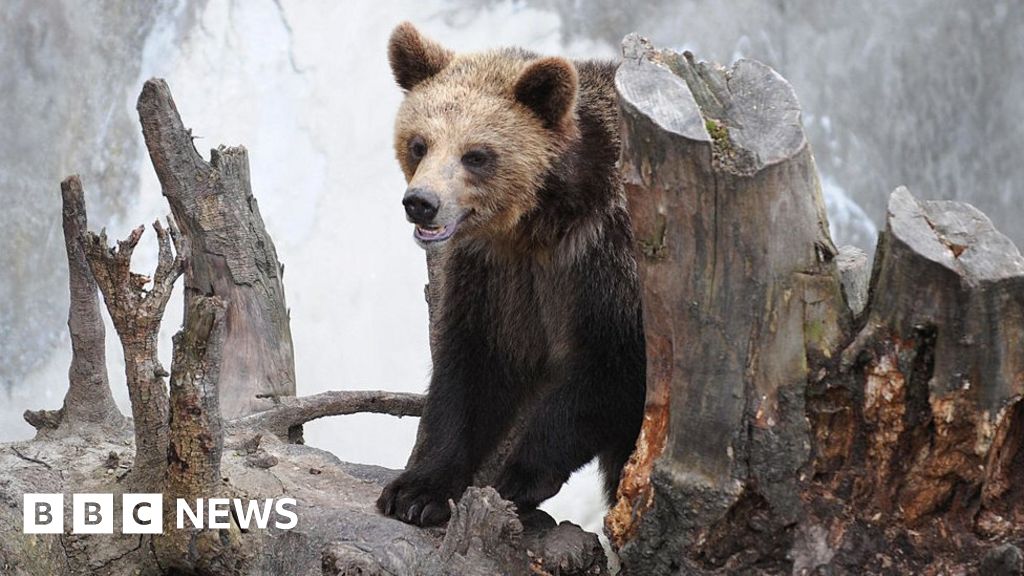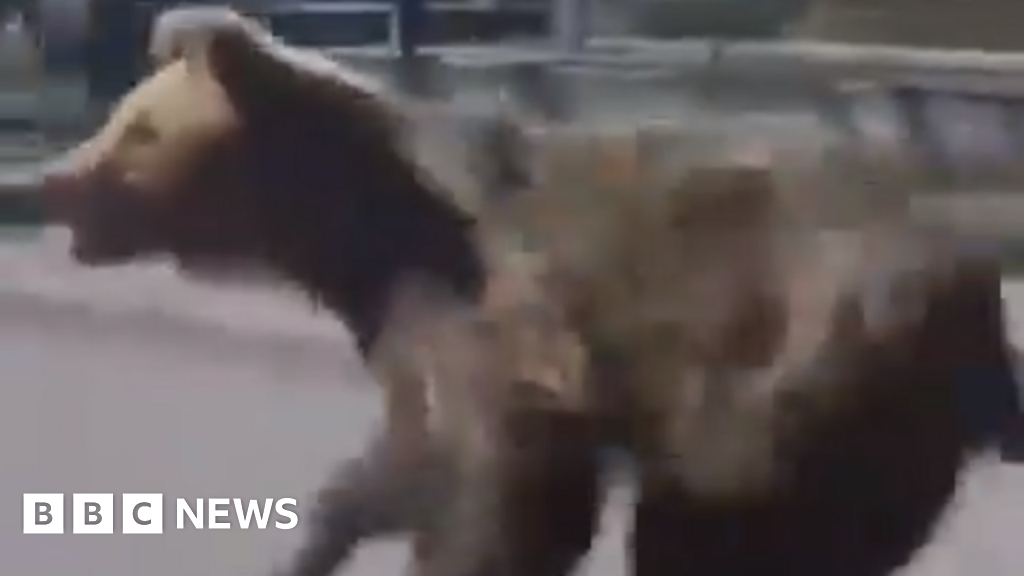This was actually very late in prehistory, only a few thousand years ago, and perhaps no more than 50 k in the case of Australia. In contrast, what's likely to have been the first mass extinction had nothing to do with humans but was some 2 billion years ago:
Many of us think a lot about oxygen. This includes how the normal body handles oxygen in health, but particularly how this is complicated by lung disease. Few of us are aware that as human inhabitants of the earth, we have a unique privilege. This is ...

www.ncbi.nlm.nih.gov
So we aren't the only species to have had negative effects on other species during earth's history. In fact, all heterotrophs have some adverse impacts in this way, and autotrophs like plants compete with others and may actively harm them through allelopathy.
Depends on your point of view and moral stand point. We have changed and continue to change the status quo, and we are presently causing a mass extinction event. However, the 5 other or so mass extinctions have not involved humans at all. To decide our impact is "negative" you have to bring a particular set of sensibilities to bear—values such as "more biodiversity is good" or "other species have a right to exist". I think you also have to view humans as somehow (how?) not part of nature (which is clearly absurd).
Perhaps we feel that humans are bad because their impacts have been so wide-ranging. But that's just a question of degree and not character. Pathogens in particular are likely to have "routinely" eliminated whole species in the past.
(Personally, I feel the strongest arguments for preserving biodiversity are the same aesthetic and historical ones which surround cultural heritage like works of art. Notions of "rights" are not universal, appeals to utility ["undiscovered drugs in the rainforest"] vulnerable to technological change.)
I mourn the loss of biodiversity as it's something I value highly. But I also turn away from simplistic "humans are evil"-type statements.










